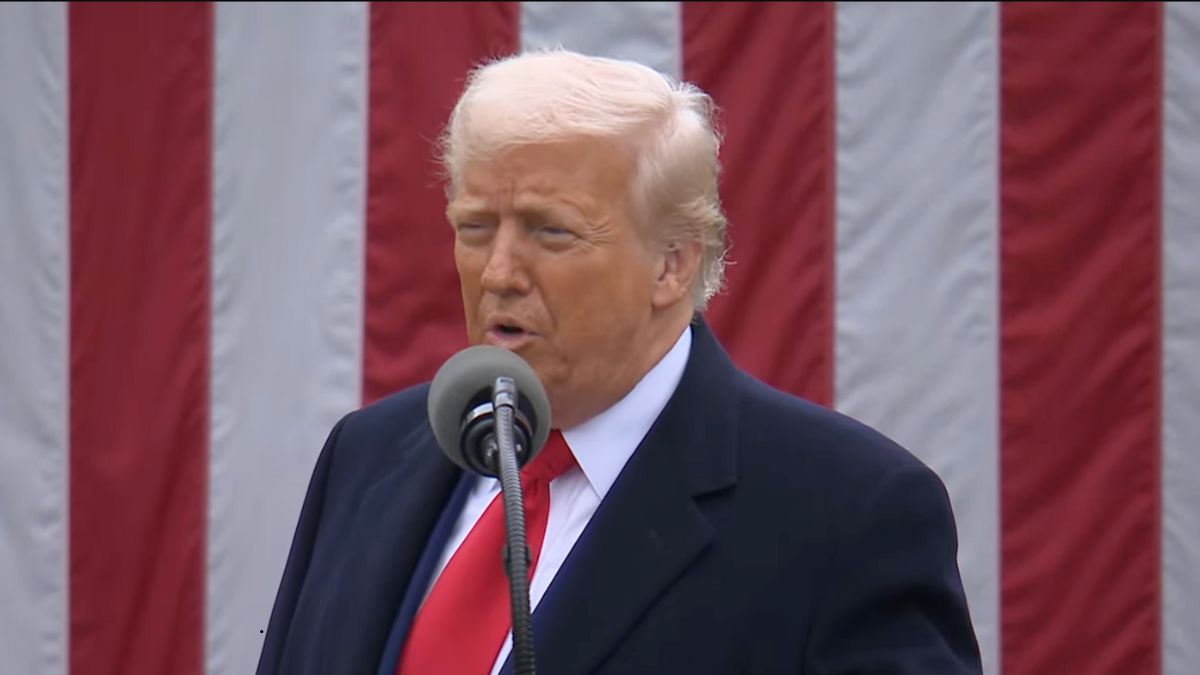The United States has officially announced that it will impose a 25% blanket tariff on all imports from Japan and South Korea, effective August 1, 2025, as part of a broader effort to address the trade imbalance with the two countries.
In letters addressed to Japanese Prime Minister Ishiba Shigeru and South Korean President Lee Jae-myung, U.S. President Donald Trump highlighted the longstanding trade deficit the U.S. has been running with both nations, citing it as a “major threat to our economy and national security.”
Trump stated that while the U.S. has maintained strong trading relationships with Japan and South Korea for decades, the imbalance caused by their tariffs, non-tariff barriers, and trade policies has led to persistent deficits that are “far from reciprocal.”
Key details of the announcement
-
The U.S. will levy a 25% tariff on all goods imported from Japan and South Korea, regardless of sector.
-
These tariffs are separate from existing sectoral tariffs, which will continue to apply.
-
Goods transshipped through other countries to avoid the higher tariffs will still be subject to the full tariff rate.
-
If Japan or South Korea choose to raise their tariffs on U.S. goods in retaliation, those will also be added on top of the 25% rate.
Trump underscored that the U.S. remains open to cooperation and suggested that if Japan and South Korea move to eliminate their own trade barriers and open up their markets more fully to U.S. products, the imposed tariffs could be reconsidered.
Invitation to invest and manufacture in the U.S.
The letters also emphasized that companies from Japan and South Korea that build or manufacture their products within the United States will not be subject to the tariffs. Trump assured that the U.S. government would expedite approvals for such investments “quickly, professionally, and routinely — in a matter of weeks.”
Why it matters
The announcement marks the first major trade policy move in Trump’s current term and signals a renewed focus on addressing what he calls unsustainable trade deficits. According to the letters, the U.S. sees these deficits as a threat not just economically but also strategically.
Both Japan and South Korea are key allies of the United States in Asia, but the new tariffs are likely to strain relations and could prompt countermeasures. Businesses in both countries that rely on U.S. exports or that have supply chains intertwined with U.S. markets may be significantly impacted.
The White House has yet to release additional details on whether negotiations are ongoing or if exemptions for certain products might apply in the future.


